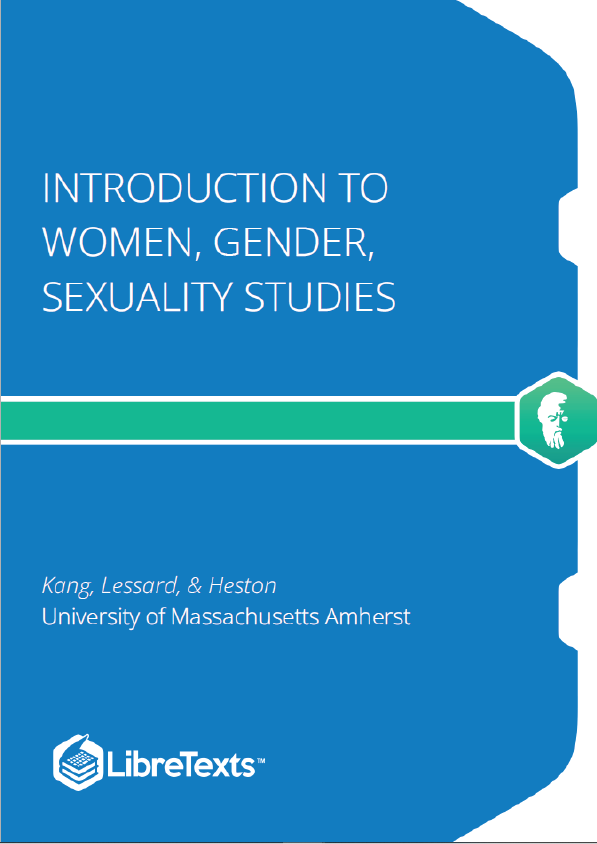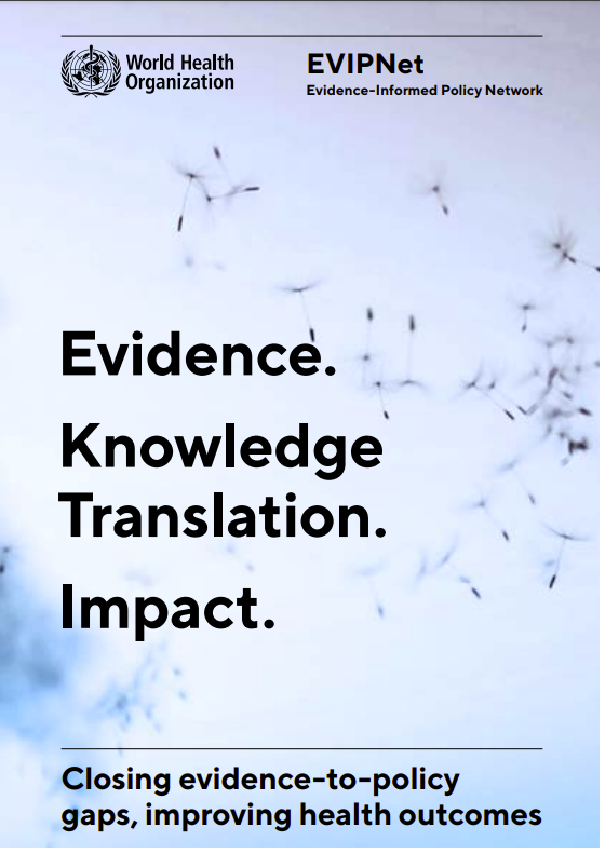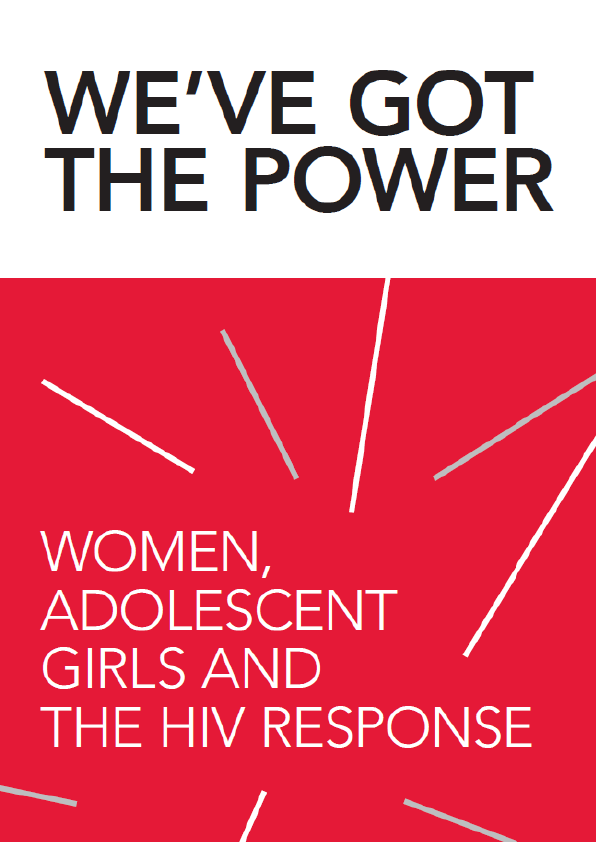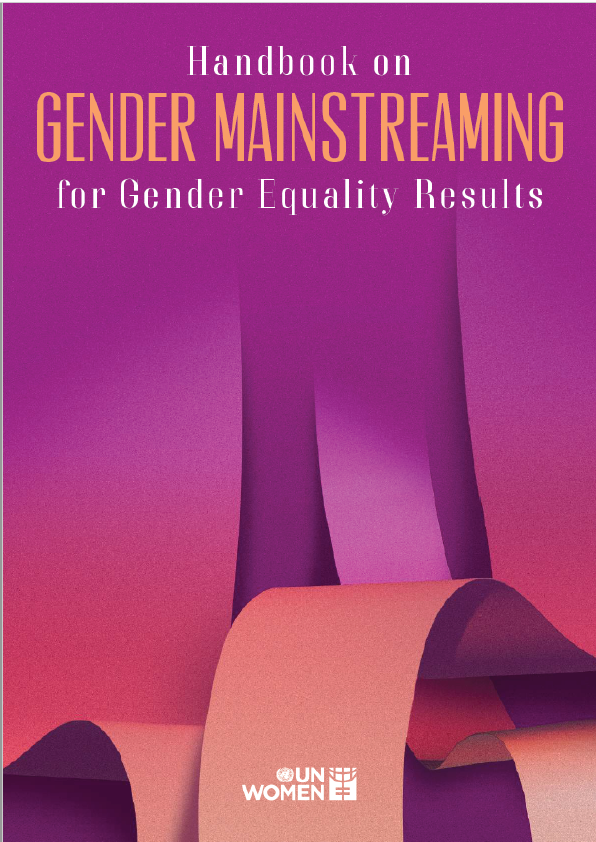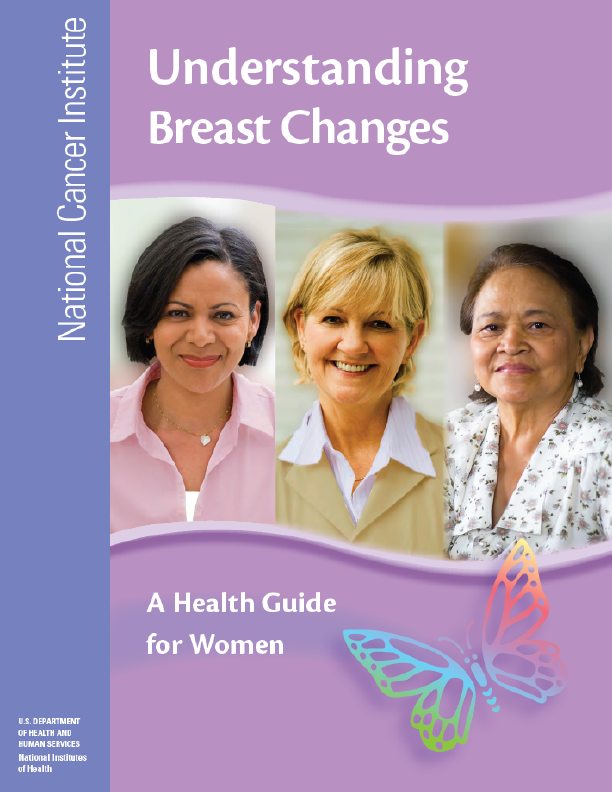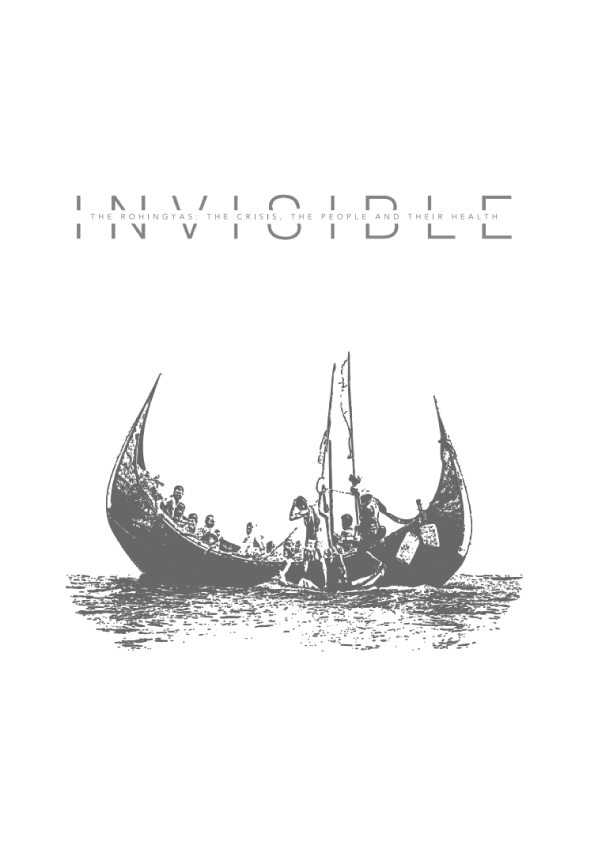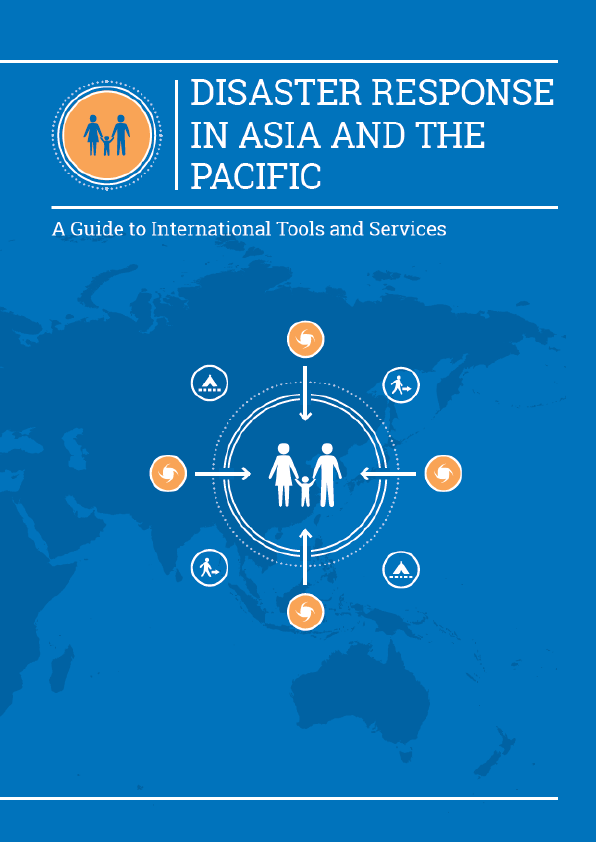There was a time when it seemed all knowledge was produced by, about, and for men. This was true from the physical and social sciences to the canons of music and literature. Looking from the angle of mainstream education, studies, textbooks, and masterpieces were almost all authored by white men. It was not uncommon for college students to complete entire courses reading only the work of white men in their fields.
Women, Gender, Sexuality Studies (WGSS) is an interdisciplinary field that challenges the androcentric production of knowledge. Androcentrism is the privileging of male- and masculine-centered ways of understanding the world.
Alison Bechdel, a lesbian feminist comics artist, described what has come to be known as “the Bechdel Test,” which demonstrates the androcentric perspective of a majority of feature-length films. Films only pass the Bechdel Test if they 1) Feature two women characters, 2) Those two women characters talk to each other, and 3) They talk to each other about something other than a man. Many people might be surprised to learn that a majority of films do not pass this test! This demonstrates how androcentrism is pervasive in the film industry and results in male-centered films.
Feminist scholars argue that the common assumption that knowledge is produced by rational, impartial (male) scientists often obscures the ways that scientists create knowledge through gendered, raced, classed, and sexualized cultural perspectives (e.g., Scott 1991). Feminist scholars include biologists, anthropologists, sociologists, historians, chemists, engineers, economists and researchers from just about any identifiable department at a university. Disciplinary diversity among scholars in this field facilitates communication across the disciplinary boundaries within the academy to more fully understand the social world. This text offers a general introduction to the field of Women, Gender, Sexuality Studies. As all authors of this textbook are trained both as sociologists and interdisciplinary feminist scholars, we situate our framework, which is heavily shaped by a sociological lens, within larger interdisciplinary feminist debates. We highlight some of the key areas in the field rather than comprehensively covering every topic.
The Women’s Liberation Movement and Civil Rights Movement of the mid-20th Century called attention to these conditions and aimed to address these absences in knowledge. Beginning in the 1970s, universities across the United States instituted Women’s and Ethnic Studies departments (African American Studies, Asian American Studies, Latin American Studies, Native American Studies, etc.) in response to student protests and larger social movements. These departments reclaimed buried histories and centered the knowledge production of marginalized groups. As white, middle-class, heterosexual women had the greatest access to education and participation in Women’s Studies, early incarnations of the field stressed their experiences and perspectives. In subsequent decades, studies and contributions of women of color, immigrant women, women from the global south, poor and working class women, and lesbian and queer women became integral to Women’s Studies. More recently, analyses of disability, sexualities, masculinities, religion, science, gender diversity, incarceration, indigeneity, and settler colonialism have become centered in the field. As a result of this opening of the field to incorporate a wider range of experiences and objects of analysis, many Women’s Studies department are now re-naming themselves “Women, Gender, and Sexuality Studies” departments.
